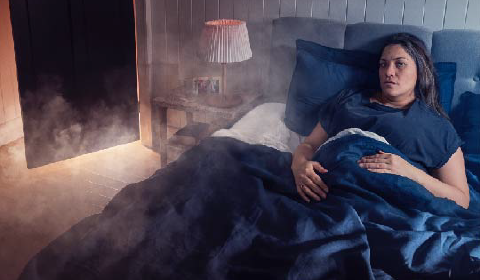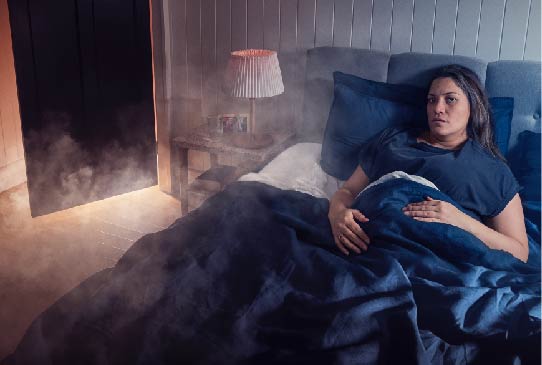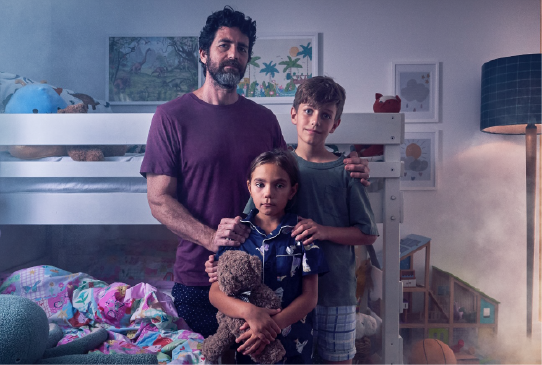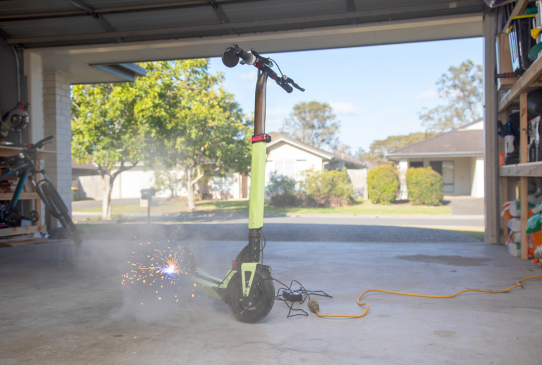Queenslanders were impacted by more than 1,600 house fires in 2024. The best chance of surviving a fire in the home is having a practised escape plan, and interconnected photoelectric smoke alarms.
It’s a small price to pay, plan to survive.
Interconnected smoke alarms and fire escape plans save lives
Frequently asked questions
What things do I need to consider when making a fire escape plan? |
Smoke alarm frequently asked questions |
What to do if you can’t get out |
|
Learn how to safely break windows for your escape |
|
Tips for escaping with children |
Thinking about a house fire can be scary for children, but planning your fire escape, and practising it, doesn't have to be. Taking a few minutes to talk to your children about home fire safety may just save their lives.
|
Tips for seniors and carers |
People aged 65 and over are at greater risk of being injured or dying in a house fire. If you’re an older person, or care for one, there are some simple steps you can take to help you escape.
|
How to make your escape |
Once your interconnected smoke alarms go off, it’s time to make your escape
|
How do you prevent fires before they happen
Do
- Stay in the kitchen while cooking.
- Be careful of loose-fitting clothes near heaters and stoves.
- Make sure heaters and power cords are not a tripping hazard.
- Keep portable heaters away from curtains, tablecloths and bedding.
- Switch off power points when not in use.
- Check gas appliances regularly.
- Clean your dryer filter every time you use it.
- Place screens in front of open fires.
- Be extremely cautious when using candles.
- Charge and store lithium-ion battery devices such as e-scooters and e-bikes properly.
- Review the manufactures recommendations for the specific device in relation to charging any lithium –ion battery device (eg, e-scooter). To find out more, check the product details online.

Don't
- Leave candles, cooking or open flames unattended.
- Overload power points.
- Store flammable items near your cooktop.
- Smoke in bed.




